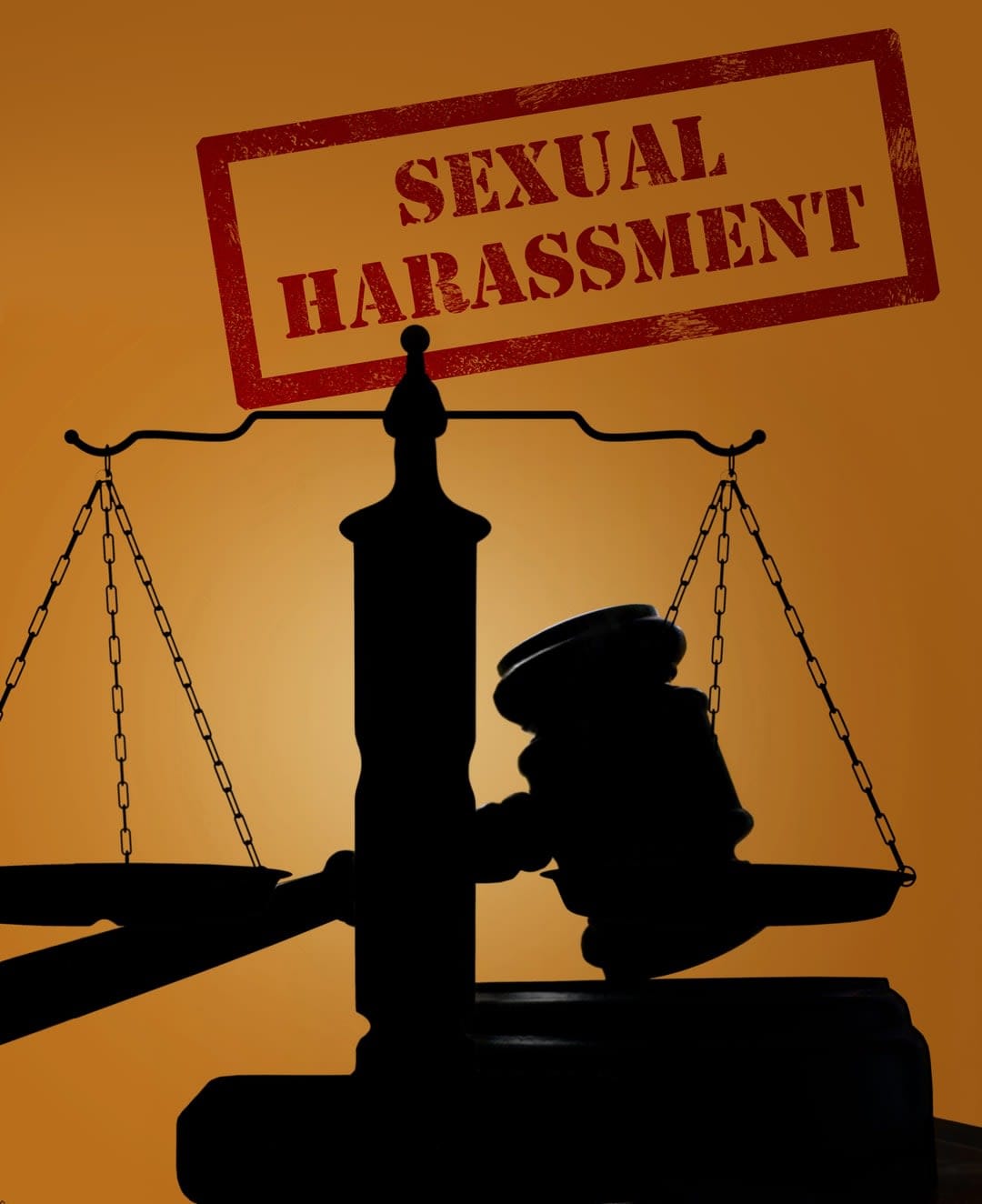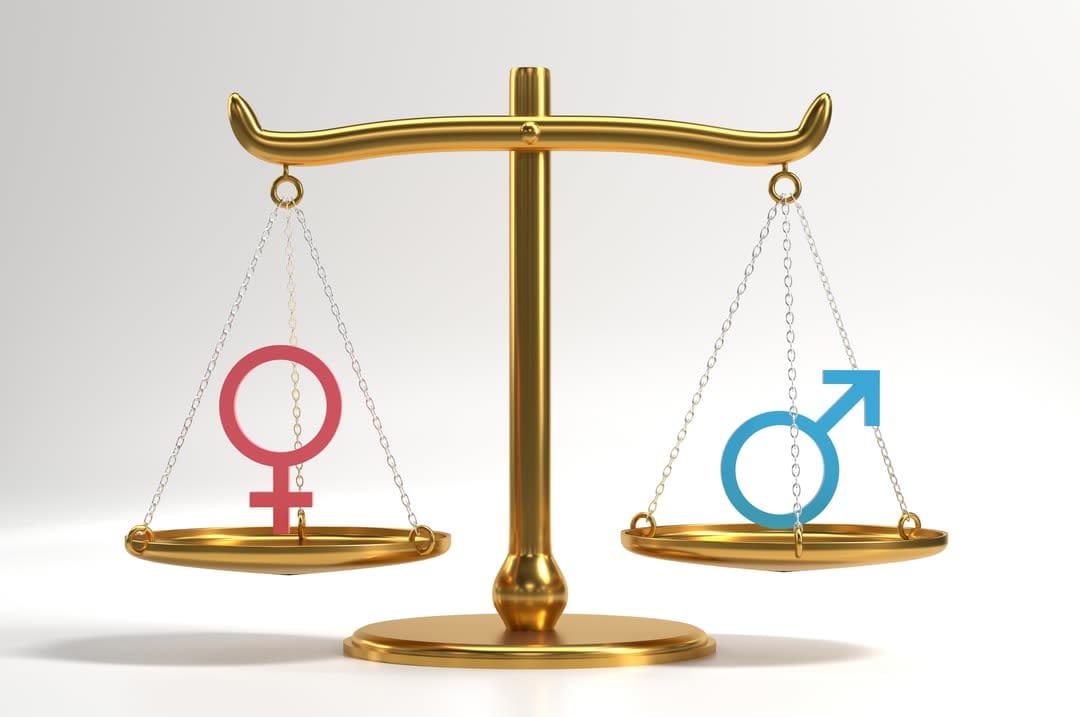
Being a lawyer is a privilege. I don’t mean this in a metaphoric sense, but a literal one. It requires much hard work and dedication to complete a law degree, and then to undertake the requisite practical training.
But even then, a person only becomes a lawyer when a court formally bestows this honour upon them. For this to happen, they must first lodge an application in court, and then prove that they are a "fit and proper person" to practise law. This requires them to show that they are of "good fame and character". Only then will they be officially admitted to this ancient and prestigious profession, signalled formally by the signing of "the roll" of legal practitioners.
As with any privilege, the right to practise law can also be taken away. The court that admits a lawyer retains an inherent power to remove them at any time – a process known as "striking off". Striking someone off the roll signals that they're no longer a "fit and proper" person.
It’s a step that courts do not take lightly. That’s because it might deprive that person of their livelihood. It also comes with significant reputational damage, especially as the power isn't used often. In this sense, the power to strike someone’s name from the roll carries enormous practical and symbolic significance.
I've been thinking a lot about these matters this week, after explosive revelations that former High Court justice Dyson Heydon was found to have sexually harassed six former judges’ associates in an independent investigation ordered by the High Court of Australia that became public. Now retired from the High Court, Heydon has returned to work as a barrister, and retains a lucrative practice out of his chambers in Sydney.
Important questions are now being asked. Will Heydon be criminally charged? Do we need an independent body to hold judges to account?
To this, I want to add two more questions: Is Heydon a "fit and proper person" to continue in the profession? And if not, will the court move against one of the nation’s most celebrated jurists, and strike him from the roll?

A disciplinary proceeding of this kind could be initiated in several ways, including by the court itself. This is because, as I noted earlier, courts retain the inherent power to oversee the conduct of all lawyers, and to ensure that professional standards are maintained.
In any event, a group of senior women barristers have now lodged a complaint in New South Wales, seemingly pressing for formal proceedings against Heydon. If pursued, a court would once more need to consider whether Heydon remains a "fit and proper person" of "good fame and character".
There's no precise definition for these purposes. Past cases offer some helpful guidance, however.
In one case, a barrister was struck off because he did not pay taxes for many years. In another, a lawyer was struck off after he purported to act on behalf of clients, but didn't have permission to do so.
In a very high-profile case, former judge Marcus Einfeld was struck off for attempting to pervert the course of justice over some traffic fines.
These cases tell us that one need not be convicted of a criminal offence to be struck off. A particularly serious view is taken of cases involving dishonesty, as are situations that might undermine public confidence in the legal system. It's very possible that a court would consider Heydon’s alleged conduct to be somewhere in this ballpark.
If sexism and sexual harassment is endemic in the legal profession, longstanding and intractable, as we have heard this week, why are those involved disciplined so rarely in this way?
Heydon has, of course, denied any wrongdoing. But the independent investigation has made findings against him, and this may be enough to act. Crucially, the rules that govern the conduct of lawyers also prohibit solicitors and barristers from engaging in discrimination, sexual harassment, or workplace bullying in the course of their practice. In this sense, Heydon may have also breached one of the fundamental rules governing legal practice. This could provide a further, even more explicit basis upon which to strike him off.
At the specific level of Heydon’s case, therefore, an important challenge now faces the court: Is it willing to use its inherent power to these ends?
This case could be a test for how seriously courts take sexual harassment. It will require them to grapple quite directly with the relationship between conduct and "character", including whether the law can hold these two concepts apart. In other words: Can someone be both a sexual harasser and a "fit and proper person" at the same time? Or will this be a line-in-the-sand moment?

The idea that "fit and proper" allows for and tolerates sexual harassment makes a joke of every ethical instinct, as well as the current professional conduct rules. If Heydon is struck off, this could be a game-changer. It would send an important message to the entire profession – that conduct of this kind is simply incompatible with legal practice, and not to be tolerated, regardless of one’s standing, intellect, or scholarship.
Beyond the specific circumstances of Heydon’s case, some troubling questions arise. If sexism and sexual harassment is endemic in the legal profession, longstanding and intractable, as we've heard this week, why are those involved disciplined so rarely in this way?
Last year, the Victorian legal regulator reported that 61% of women had experienced sexual harassment in their careers. This begs the question: Why are there not more disciplinary proceedings against those – mostly men – responsible for this misconduct?
As a profession, we cannot afford to elevate 'brilliant' minds over more basic principles of decency, protection and care.
Given that lawyers know their rights and their responsibilities, our systems are clearly failing us. How can we have so many victims and so few perpetrators? Just as in other sectors, it's more than tempting to conclude that the huge power imbalance between the abuser and his victim is responsible – an imbalance that will continue, and even grow, while jobs in law continue to shrink, under pressure from both south and east Asian outsourcers, and expanding AI impacts on compliance processes.
Where is the 'fit and proper'?
Never mind the good fame and character of individual practitioners: What does this gaping discrepancy say about our reputation, our character, and our commitment to justice, as a profession? What is fit and proper about this?
We obviously need better and more robust systems for supporting victims. The legal services commissions and the federal Sex Discrimination Commissioner, Kate Jenkins, have been doing much work in this space, and are to be commended.
But we also need better prevention – for example, through regular and robust character assessments of lawyers, and regulators with courage; legal services commissioners who are willing to hold perpetrators to account, including by removing them from our profession. This will require a radical rethink of what it means to be of "good fame and character" – a concept perhaps given too much latitude in the pre-#MeToo era.
As a profession, we cannot afford to elevate "brilliant" minds over more basic principles of decency, protection and care. If we don't make these important changes, many more brilliant and principled young women will be lost to the profession.
This will do more to damage the collective reputation of the law than the acts of any one person ever could.





